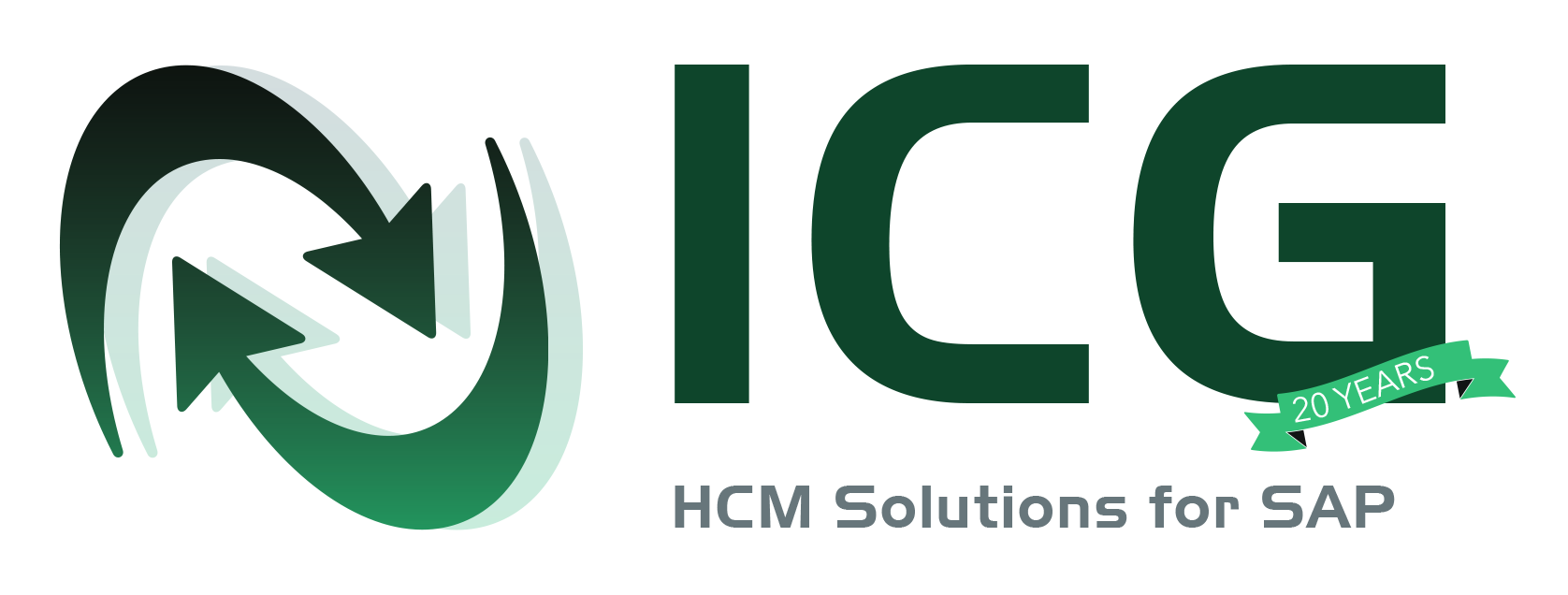A few months back, we discussed how social media has a large number of uses in HR, from finding new recruits to managing and branding your company. What we didn’t mention then was how social media can help in crisis management.
A few weeks ago, Shutterfly (a company who helps its customers turn photos into photo books, stationery, and countless other gifts) accidentally sent out an email to many of its customers congratulating them on their new arrivals. The problem was that a majority of the customers hadn’t just had babies.
Some customers took to social media sites and made light of the situation by asking if Shutterfly knew something that they didn’t; many others were offended.
Let’s take a look at how Shutterfly responded and what we can learn from their crisis management via social media:
- Respond ASAP: One of the nicest things about social media is that it is a platform that gets information to customers right away. Shutterfly chose to respond quickly and efficiently by apologizing through company tweets, Facebook comments, and an email.
- Admit to your mistake: People like receiving an apology, and when a company admits to a mistake, customers will be more likely to understand and forgive. It’s important to view mistakes and negative comments as an opportunity to create a relationship, and not a bad mark on your brand.
- Let your customers know that you care: Shutterfly took a large chunk of time out of their day replying to customers’ individual tweets. They didn’t ignore their customers’ feelings and messages, and instead, met them head on.
A mistake like Shutterfly’s is forgettable and forgivable, especially when handled as responsibly as it was. It wasn’t huge compared to company breeches in security or cyber attacks (take for instance, this past week’s attack on EBay), but it was a mistake nonetheless that warranted an apology.
These tips are important to consider whenever an error is made, whether online or in-person. Social media may be a strange world to some people, but it’s also given businesses new opportunities to reach out to customers and make things right. Your co-workers and clients deserve an apology when a mistake has been made. It is easier for a mistake to be forgiven and moved past when it is acknowledged.
Humans make errors—it’s how we respond to our mistakes that shows our clients what kind of person (and business) we are.
—
photo credit: simon.hucko via photopin cc

